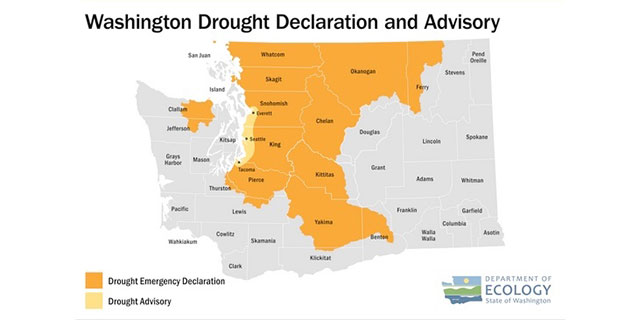Oregon seeks to nullify tariffs in federal court
Published 9:54 am Thursday, May 22, 2025
- President Donald Trump announces reciprocal tariffs April 2. Oregon leads a blue state effort to nullify the tariffs. (White House photo)
An Oregon assistant attorney general asked a federal court to nullify President Donald Trump’s tariffs, a move a Justice Department lawyer said would kneecap the president as he tries to change other countries’ “bad behaviors.”
Oregon leads a 12-state coalition that alleges Trump has unlawfully claimed unlimited power to impose tariffs. Although the president can “regulate” imports during a national emergency, he can’t levy tariffs, Oregon Senior Assistant Attorney General Brian Marshall told the U.S. Court of International Trade in New York on May 21.
Assistant U.S. Attorney General Brett Schumate said Trump identified fentanyl trafficking and trade deficits as national emergencies and tariffs as the way to tackle them.
“The purpose of these tariffs is to create pressure… to change bad behaviors the president believes is hurting Americans and our national security,” Schumate said. “Tariffs right now are giving the president the leverage he needs.”
Judges said they weren’t there to judge trade policy.
“It may be a very dandy plan, but it has to meet the statute,” Judge Jane Restani said.
The job of ruling whether Trump’s tariffs are lawful has fallen to Restani and judges Gary Katzmann and Timothy Reif.
Last week, they heard a lawsuit filed by small businesses. This week, it was blue states arguing Trump has overstepped his powers under the International Emergency Economic Powers Act.
The 1977 law allows the president to regulate imports in an unusual and extraordinary national emergency. The word “tariffs” doesn’t appear in the act. Marshall said the act allows the president to address the “quality,” “character” or “nature” of imports, but not impose tariffs.
The states are challenging the tariffs Trump put on China, Mexico and Canada, and the reciprocal tariffs imposed April 2, later modified to a 10% tariff on all trading partners. The states argue tariffs will drive up their costs and spoil their budgets.
Schumate said overturning the tariffs would be disruptive. If the three-judge panel rules against Trump, the injunction should be delayed to give the government time to make an emergency appeal to the U.S. Supreme Court, he said.
“An injunction would completely kneecap the president at a delicate time on the world stage,” Schumate said.
The Constitution assigns Congress the job of setting tariffs. Congress, however, can delegate the responsibility to the president.
The emergency powers act expressly gives the president the power to prohibit imports, Schumate noted.
“The president could say, ‘No more imports from China, Mexico, Canada, period,” he said. “If the president has that authority, he certainly has the lesser authority” to impose tariffs.
The trade court’s central role in ruling on the tariffs was reinforced May 20 when federal Judge T. Kent Wetherell II in North Florida transferred a lawsuit against the tariffs to the trade court. The trade court is the proper venue, he ruled.





